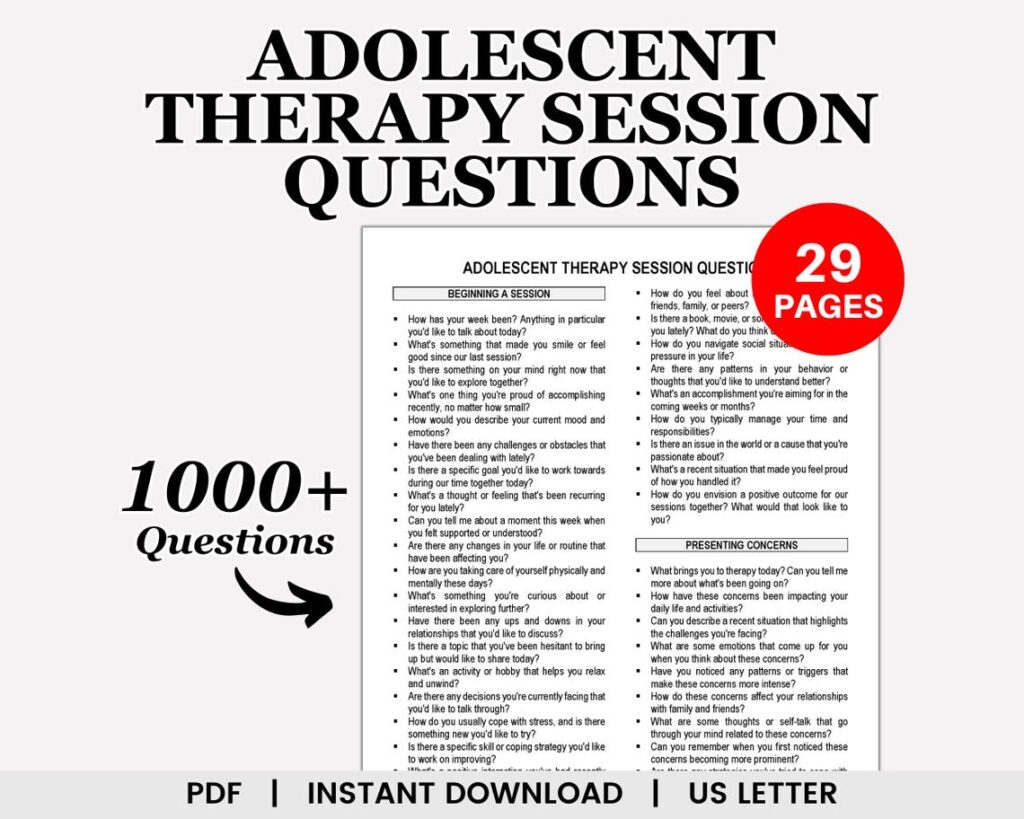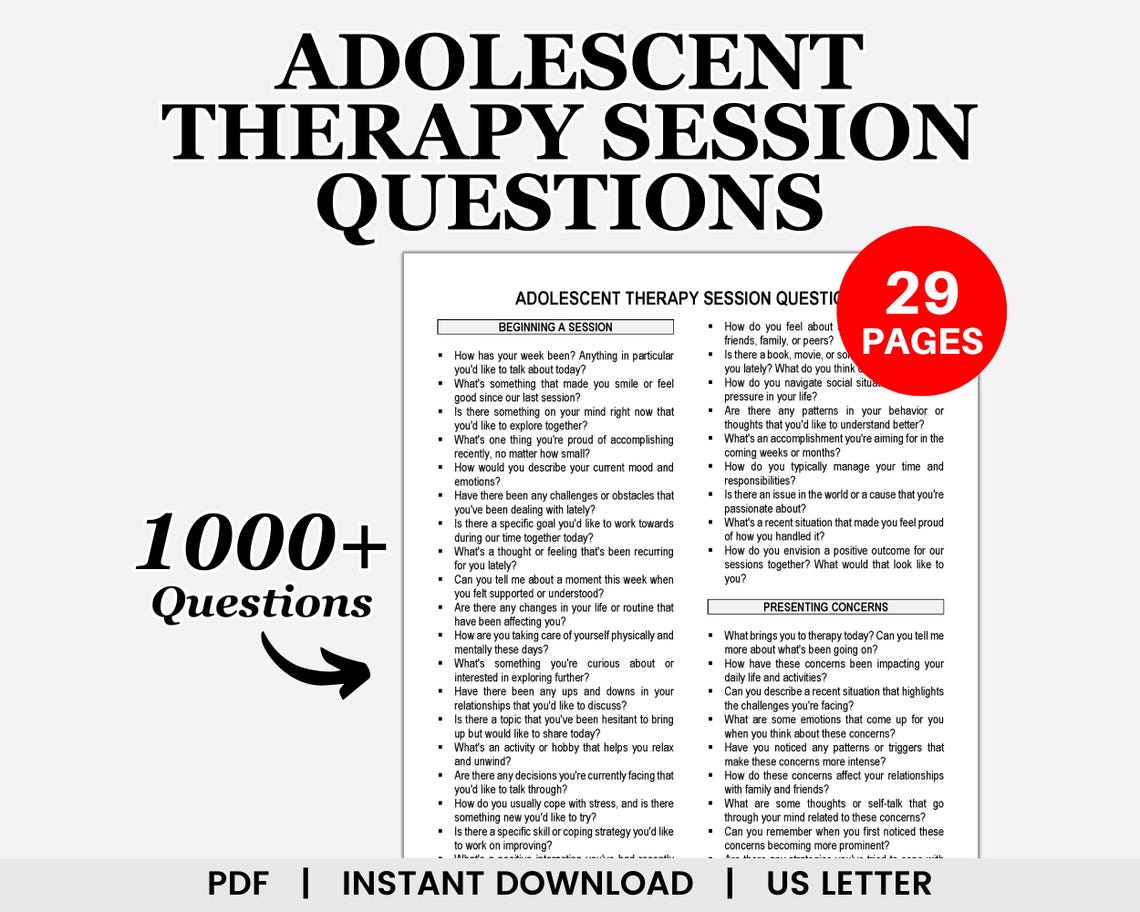
Navigating Teen Questions: A Comprehensive Guide for Adolescents
Adolescence is a turbulent time, marked by significant physical, emotional, and social changes. During these formative years, teenagers grapple with a myriad of questions about themselves, their identities, their relationships, and the world around them. This guide aims to address some of the most common teen questions, providing insightful and practical advice to help adolescents navigate this challenging yet rewarding stage of life. Understanding these pivotal teen questions can empower young individuals to make informed decisions and develop into well-rounded adults. Many teen questions revolve around identity and self-discovery, while others focus on relationships and social pressures.
Understanding Identity and Self-Discovery
One of the most prominent teen questions concerns identity. Who am I? What do I stand for? These are not trivial concerns; they are fundamental to developing a strong sense of self. Adolescents often experiment with different roles, interests, and values to see what resonates with them. This exploration is a healthy and necessary part of growing up.
Exploring Your Values
Values are the principles and beliefs that guide our behavior. Understanding your values is crucial for making decisions that align with your authentic self. Consider what is truly important to you – honesty, kindness, creativity, independence? Identifying your core values can provide a compass for navigating difficult choices. This process involves careful introspection and reflection on your experiences. For example, a common teen question is whether to engage in peer pressure, this is where core values come into play.
Embracing Individuality
In a world that often pressures conformity, embracing your individuality is essential. What makes you unique? What are your passions and talents? Don’t be afraid to stand out and express yourself authentically. This might involve pursuing unconventional hobbies, expressing your opinions, or simply being true to your personal style. Remember, your uniqueness is your strength. Exploring these teen questions about individuality is a key part of self-discovery.
Dealing with Self-Doubt
Self-doubt is a common experience during adolescence. It’s natural to question your abilities and worth, especially when facing new challenges. However, it’s important not to let self-doubt paralyze you. Challenge negative thoughts, focus on your strengths, and celebrate your accomplishments. Remember that everyone makes mistakes, and they are opportunities for growth. Seek support from trusted adults or friends when you’re struggling with self-doubt. Addressing these teen questions about self-doubt is crucial for building confidence.
Navigating Relationships and Social Pressures
Relationships and social pressures are significant sources of anxiety and confusion for teenagers. From friendships to romantic relationships, adolescents often struggle to navigate the complexities of social interactions. Understanding healthy relationship dynamics and developing effective communication skills are essential for building positive and fulfilling connections. Addressing these teen questions about relationships is essential for healthy social development.
Understanding Healthy Friendships
Healthy friendships are built on mutual respect, trust, and support. They involve open communication, empathy, and a willingness to compromise. It’s important to surround yourself with friends who uplift and encourage you, rather than those who bring you down. Be wary of toxic friendships that are characterized by negativity, manipulation, or jealousy. Learning to identify and cultivate healthy friendships is a key skill for adolescents. Many teen questions are around what makes a healthy friendship.
Dealing with Peer Pressure
Peer pressure is the influence exerted by peers to conform to their behaviors, attitudes, or values. It can be both positive and negative. Positive peer pressure can encourage you to excel academically, participate in extracurricular activities, or adopt healthy habits. Negative peer pressure, on the other hand, can lead to risky behaviors such as substance abuse, bullying, or engaging in activities that violate your values. Learning to resist negative peer pressure is crucial for protecting your well-being. Develop assertiveness skills, practice saying no, and seek support from trusted adults or friends when you’re facing difficult situations. This is often the core of many teen questions about social interaction.
Navigating Romantic Relationships
Romantic relationships can be exciting and fulfilling, but they can also be challenging and confusing. It’s important to approach romantic relationships with realistic expectations and a clear understanding of your own boundaries. Communication, respect, and trust are essential for building healthy romantic relationships. Be wary of red flags such as controlling behavior, jealousy, or disrespect. If you’re in a relationship that feels unhealthy or unsafe, seek help from a trusted adult. Many teen questions revolve around the complexities of romantic relationships, including consent and healthy boundaries. [See also: Understanding Consent in Teen Relationships]
Addressing Academic and Career Concerns
As teenagers approach adulthood, they often grapple with questions about their future academic and career paths. What should I study? What career is right for me? These are important considerations that require careful planning and exploration. Addressing these teen questions is crucial for making informed decisions about your future. The pressure to choose a career can often lead to stress and anxiety, so it’s important to approach this process with a sense of curiosity and exploration. Many teen questions involve their future career paths.
Exploring Your Interests and Talents
Start by exploring your interests and talents. What subjects do you enjoy in school? What activities do you excel at? What are you passionate about? Identifying your strengths and interests can help you narrow down potential career paths. Consider taking career aptitude tests or volunteering in different fields to gain experience and insight. This exploration can help you answer some of the fundamental teen questions about your future.
Setting Realistic Goals
Setting realistic goals is essential for achieving your academic and career aspirations. Break down large goals into smaller, more manageable steps. Create a timeline and track your progress. Don’t be afraid to adjust your goals as needed. Remember that setbacks are a normal part of the process, and they are opportunities for learning and growth. Addressing teen questions on goal setting is vital for future success.
Seeking Guidance and Mentorship
Don’t hesitate to seek guidance and mentorship from trusted adults. Talk to your parents, teachers, counselors, or professionals in fields that interest you. They can provide valuable advice, support, and insights. Consider shadowing or interviewing professionals to learn more about their careers. Building a network of mentors can be invaluable for navigating your academic and career journey. Answering teen questions can be made easier through proper guidance.
Managing Stress and Mental Health
Adolescence can be a stressful time, and it’s important to prioritize your mental health. School pressures, social anxieties, and family conflicts can all contribute to stress and anxiety. Learning to manage stress and prioritize your mental well-being is essential for overall health and happiness. Addressing these teen questions about mental health is vital for well-being.
Identifying Stressors
The first step in managing stress is to identify your stressors. What situations, people, or events trigger stress or anxiety? Once you know your triggers, you can develop strategies for coping with them. Common stressors for teenagers include academic pressure, social conflicts, and family problems. Understanding these stressors is key to addressing teen questions about stress management.
Developing Coping Mechanisms
Develop healthy coping mechanisms for managing stress. This might include exercise, meditation, spending time in nature, or engaging in hobbies that you enjoy. Avoid unhealthy coping mechanisms such as substance abuse or emotional eating. Practice relaxation techniques such as deep breathing or progressive muscle relaxation. Finding healthy coping mechanisms is a significant step in answering teen questions about mental health.
Seeking Professional Help
If you’re struggling with persistent stress, anxiety, or depression, don’t hesitate to seek professional help. A therapist or counselor can provide support, guidance, and evidence-based treatments. There is no shame in seeking help for your mental health. It’s a sign of strength and self-awareness. Remember that your mental health is just as important as your physical health. Addressing teen questions about mental health often involves seeking professional help. [See also: Signs Your Teen Needs Therapy]
Conclusion
Adolescence is a time of significant growth and change, filled with teen questions and uncertainties. By understanding your identity, navigating relationships, addressing academic and career concerns, and prioritizing your mental health, you can successfully navigate this challenging yet rewarding stage of life. Remember to seek support from trusted adults, embrace your individuality, and be kind to yourself. The teen questions you grapple with during this time will shape the person you become. Asking teen questions is a sign of growth and critical thinking. By seeking answers to these teen questions, adolescents can embark on a path of self-discovery and personal development. Ultimately, addressing these teen questions empowers them to make informed decisions and create a fulfilling future.

